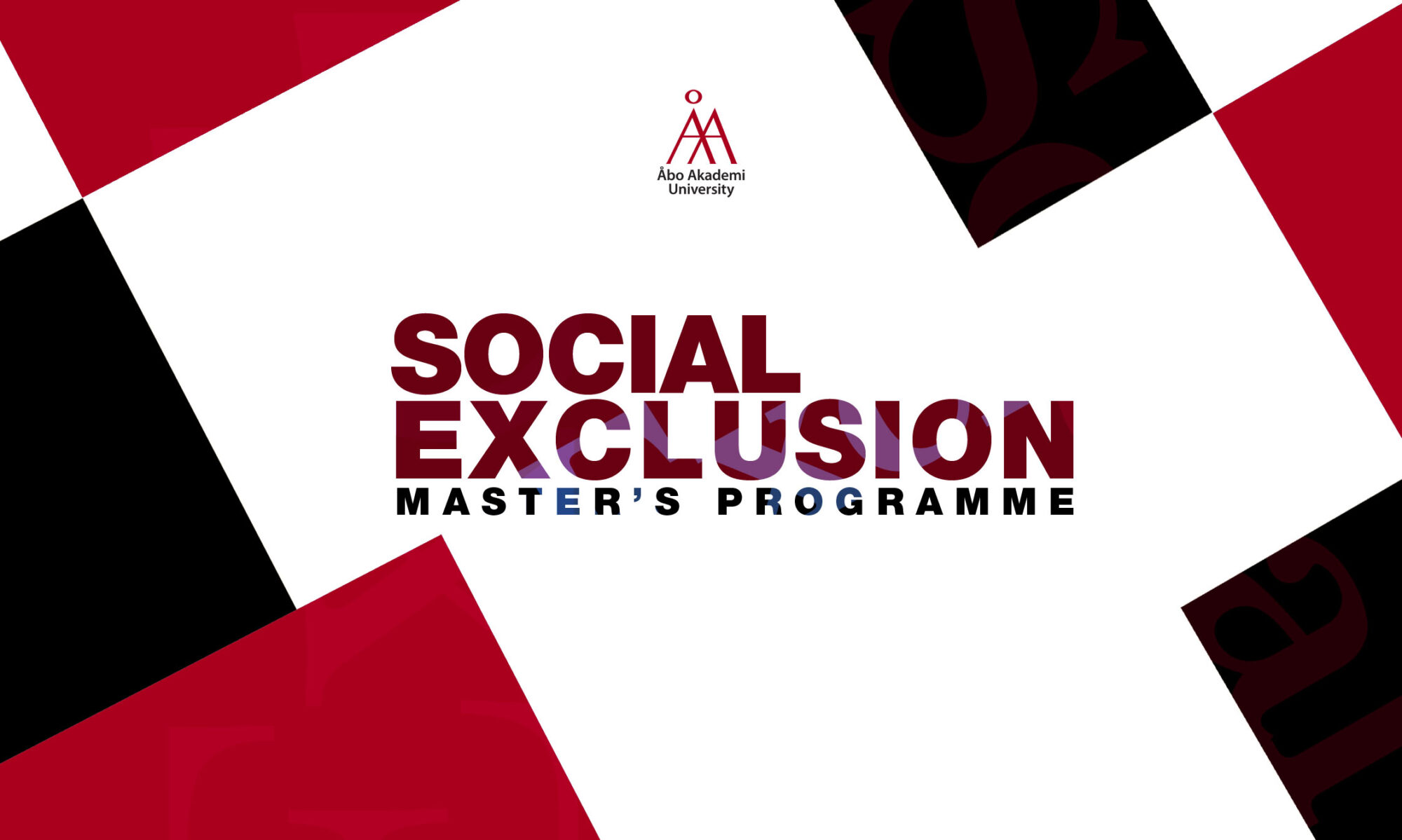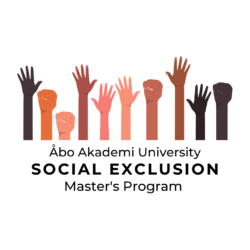Written by Tinka Harvard
“Be like water making its way through cracks. Do not be assertive, but adjust to the object, and you shall find a way around or through it. If nothing within you stays rigid, outward things will disclose themselves. Empty your mind, be formless, shapeless, like water.”
—Bruce Lee

Few people in my life don’t know that I have run into unexpected racism in Finland, where I am pursuing a master’s degree in Social Exclusion at Åbo Akademi University. I say unexpected because Finland had previously been a place of refuge for me. Nature there can be soothing and healing—ample space exists there to stretch out one’s whole self and to take deep breaths. It is a place where one can roam and find herself. It is a reserved culture bending toward silence. On its better days, it is a respectful culture marked by individuality, which is ironic given its admirable socialism. With help and insight from friends and with my own personal experiences, I have come to understand that Finland, too, is included in the historical xenophobia that permeates Europe, and the racism remains. Oftentimes, the “sins of the fathers” fall to new generations if anti-racism is not a priority.
I think of this because I ran across a word recently with which I was not familiar: “Enneagram.” It caught my attention because I heard a woman say that she was a number Two type, for those familiar with the Enneagram of Personality. The woman said, more specifically, that she was a number Two, a helper, and that she likes to help people. I thought to myself: I am like that, too. I enjoy helping. Perhaps I am a Two type as well, whatever that means.
For some reason, the above ideas simultaneously floated around in my mind with my childhood experiences of fighting. I used to fight all the time when I was a child. This phase in my life ended around the age of fourteen, at which time, I am guessing, I learned to walk away from trouble—no small feat given that trouble had a way of walking toward me. I would go on walks for hours around my Brooklyn neighborhood, and when I was a bit older, I would visit different neighborhoods around Brooklyn and then in Manhattan. This practice is still with me, and I continue to take long walks wherever I am around the world as a way to bring peace to my life.
The point of this tale is that my mild-mannered and easygoing personality and my slowness to anger seemed to be an invitation to other children in my neighborhood to heap abuse upon me. The boundaries of my own emotional and physical safety were constantly being attacked. The thing is, I have outgrown the need to physically fight back to protect myself like I needed to do as a kid. Now, I usually distance myself from bullying or disrespect by walking away.
That said, it is hard to walk away from racism because it permeates society and lurks in the hearts of far too many. My mind has been spinning concerning this subject for quite some time now trying to figure out how to care for and protect myself. Personal experiences of racism are difficult to prepare for because each one presents itself in a new and seemingly creative way.
I have been frustrated with my inability to figure out how to get people to “back off” in their mistreatment, but I have tried to be kind with myself. What came to me in an instant after quite a bit of contemplation—months if not years or a lifetime of it—is that the problem does not lie with me and what I am unable to do. The problem lies in the aggressor, the transgressor of boundaries.
“Nonviolence is a powerful and just weapon, which cuts without wounding and ennobles the man who wields it. It is a sword that heals.”
—Dr. Martin Luther King Jr.
It is a revelation and a relief for me to learn that I do not have to figure out a new way to be. I simply can be my natural self. And when I find myself in the midst of hurtful people and difficult situations and when others feel encouraged to be abusive because of the color of my skin or my mild manner, I can remind the aggressors that they are sorely mistaken and that the problem is with them. This is a nonviolent way for me to “fight back” and to protect my body and heart from the transgressors of boundaries. We all suffer injustices and can speak out in this and other ways against them.
“For all those whose cares have been our concern, the work goes on, the cause endures, the hope still lives and the dream shall never die.”
—Senator Ted Kennedy

